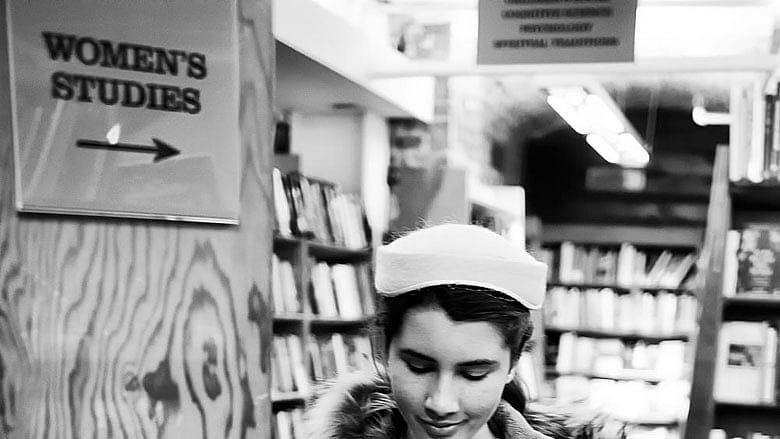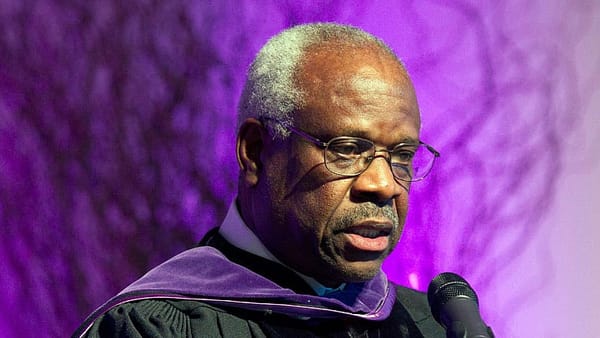Women’s Studies programs need intellectual diversity

College leaders spend a lot of time talking about the need for diversity on campus. They want to make sure that different races, ethnicities, religions, and sexual orientations are represented. To some extent, this makes sense: Colleges are supposed to expose students to a variety of perspectives. It helps to have students surrounded by people from different backgrounds.
Yet college administrators ought to remember that it's different ideas — not just skin colors, languages and genders — that are most important. Sadly, the need for intellectual diversity is often entirely overlooked. And while this is true for universities generally, it's particularly true when it comes to women's issues and campus Women's Studies departments.

